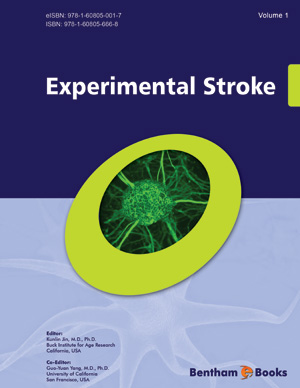Abstract
Ischemic postconditioning is an emerging concept for stroke treatment. It refers to a series of mechanical interruptions of reperfusion after ischemia, preventing ischemia/reperfusion injury in both myocardial and cerebral infarction. This review article reveals that the earliest study about ischemic postconditioning was performed more than 50 years ago in the research field of myocardial ischemia, and only thrilled in recent 5 years, and it was shifted from myocardial ischemia to cerebral ischemia only 2 to 3 years ago. The protective effect of postconditioning has been studied in focal and global ischemia in vivo, and in slice or primary neuronal cultures in vitro. In addition, protective parameters of postconditioning in various ischemic models are discussed. Thereafter, this article provides insights on postconditioning's protective mechanisms associated with reperfusion injury, the Akt, MAPK and PKC cell signaling pathways, suggesting that postconditioning attenuates free radical generation, that the Akt pathway contribute to its protection, and that the MAPK and PKC pathways are closely associated with its protection.






















